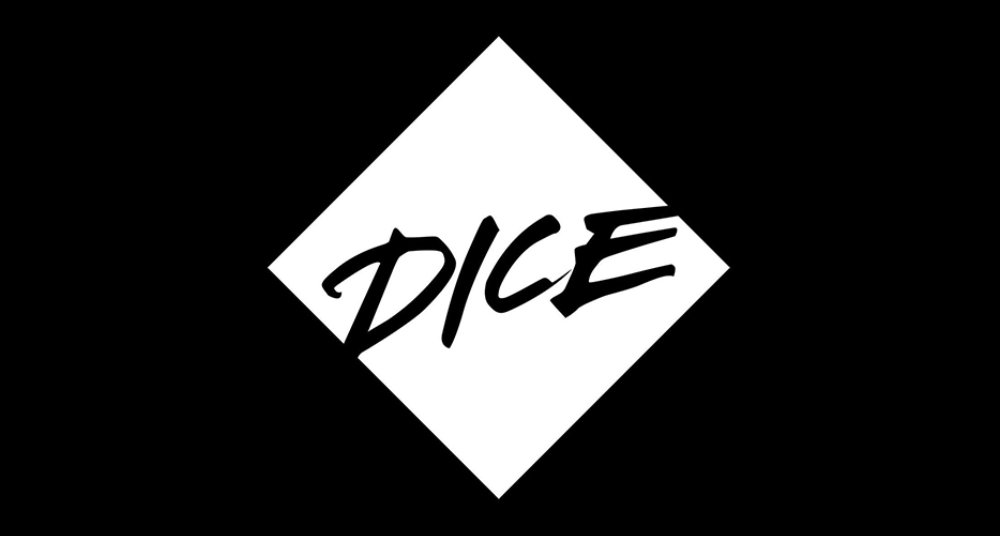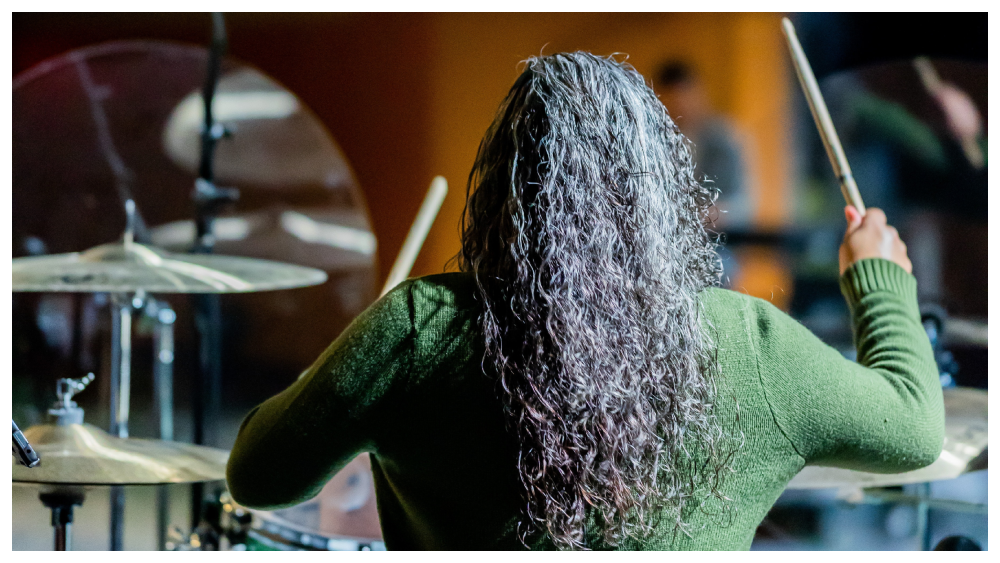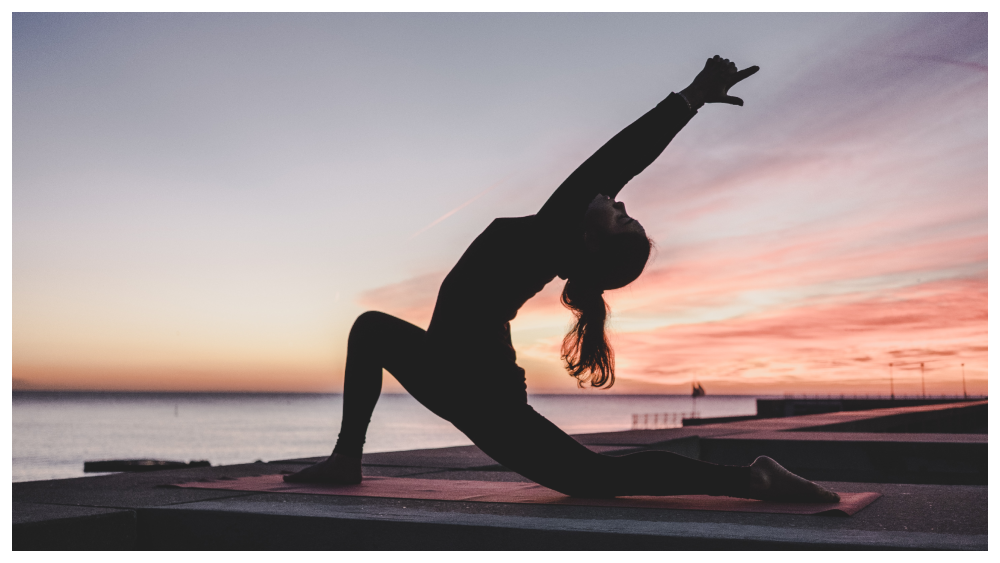With Pride Month now behind us, the LGBTQIA+ community and its allies look at both how far it has come, but also the work left to be done.
Stonewall revealed that 52 percent of LGBTQIA+ individuals have experienced depression in the last year and 1 in 7 (14 percent) in the queer community actively avoiding healthcare for fear of discrimination from staff, alternative coping mechanisms have been and continue to be sought. 31 percent cite music as their number one support to their mental health as it remains one of the few mediums individuals can universally lean on when alone and feeling most isolated.
This explains, in large part, why the queer community has propelled their favourite artists such as Lady Gaga, Hayley Kiyoko and more recently Lil Nas X to stratospheric heights in their careers due to the messages of solidarity and sexual/gender identity they express through their music.
- 5,558,000 Brits say rock is their top support to their mental health
- 3,903,000 Brits say indie/alternative is their top support to their mental health
- 3,471,000 Brits say classical is their top support to their mental health
- 3,233,000 Brits say R&B is their top support to their mental health
Research from Mona Lisa Chanda (PhD) an expert in Psychology analyses the neurochemistry of music and our mental health. Chanda's research shows direct correlations between music cognition and social neurosciences, allowing us to connect with the artists and messages in our favourite music, feeling less alone in our experiences and emotions. Festivals and music events are a top priority for a third of young people as we leave lockdown. Thus, as we enjoy Pride this year in its various forms, and as Brits clamour for tickets to festivals, gigs, and events to feel connected again through music, one sees just how innate music is in supporting queer mental health and community.
To further evaluate the critical role music plays in the nation’s mental health, particularly over the past year, global music discovery and ticketing platform DICE has commissioned a one of a kind study, identifying the top artists, playlists, and genres to support our mental health.
- 31 percent (12,107,000) agree that music is their biggest support to their mental health
- A third (33 percent) of young Brits agree that the number one thing they are looking forward to after lockdown is going to gigs and festivals
- 15, 964,000 Brits have discovered new genres over lockdown and are attending festivals, artists, and events they wouldn't have done pre-pandemic
When asked about why music is so important to them as an LGBTQIA+ person and the role it plays in their mental health, Johnny DC, Clapham, comments: ‘For most of us who identify as LGBTQIA+, music has always been a way for us to escape an extremely heteronormative society. We are able to identify with these artists as they express their experiences with gender, sexuality, confidence, and identity, and during Pride we reflect as a community on exactly how much that means to us in our coming out journeys and process of self-discovery after years of self-denial and discrimination. Music has always been a crucial way for me to support my mental health as it allowed me to feel less alone during periods of my life when I felt most alone and entirely unable to reach out for help professionally or personally. I think that's why we have taken certain artists in as our own, making them queer icons - they're like an unspoken family we can identify with, helping us all feel less alone and connected with one another in a world that, frankly, isn't designed for us.’
DICE’s Global Head of Music, Andrew Foggin, said: ‘Artists have been able to truly connect with their fans over the past year through live streaming. This research shows that it has played a vital role in allowing fans and the LGBTQIA+ community to maintain feelings of connection. Live streams have also played an incredible role in acting as a platform for independent LGBTQIA+ artists to connect with fans globally, launching their careers in a truly unprecedented manner without the support of major labels.’
Having been at the centre of Brits' discovery of new artists, genres, and playlists that have come out on top as our mental health support tools over the last year, DICE is eager to support fans in their return to live events throughout Pride and beyond, helping them attend the festivals they have discovered, and supporting as we rush to our top source of support and connection, music.





